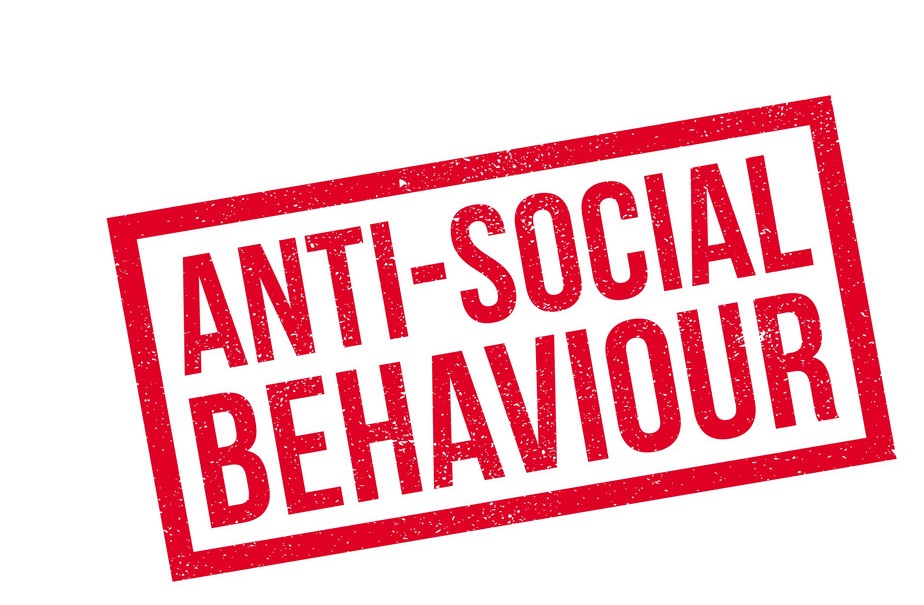Anti-social behavior is a significant problem in today’s society. Many factors can contribute to this type of behavior. Some fundamental causes of anti-social behavior include family background, peer pressure, mental health issues, and social media. Understanding the causes of anti-social behavior is essential to address the problem effectively.
Table of Contents
What if there is already a problem with anti-social behavior?
If there is already a problem with anti-social teens loitering and causing a nuisance, there is a technical solution to alleviate the problem in that location. Mosquito Loitering Solutions sell the Mosquito, a device that emits an irritating noise at a frequency that only under 25s can hear. The noise causes enough irritation that teens disperse where the device is installed.
The family: parental conflict, abuse, neglect
Parents are a child’s first and most important teachers. Their actions, in addition to the actions of all other family members, influence their children’s development, personality, and mental health.
Parental conflict can affect children’s behavior in several ways. Children may develop insecurity, anxiety, and stress from feeling abandoned and unloved. If children are constantly criticized, it can create a hostile environment for the child. Children who feel unsupported by their parents may develop oppositional behavior that is overtly disobedient. These children often have poor self-esteem and heavy depression levels. They are not likely to develop into well-balanced adults who positively contribute to society.
Peers: bullying, gangs, social media
Peer pressure is a key cause of anti-social behavior. Unfortunately, many children and teens give in to peer pressure to feel accepted and popular.
Children who fail to have the social skills necessary to handle peer pressure may be vulnerable to negative influences. Bullying is one such example. Bullying inhibits children from developing the social skills they need for life’s challenging situations. This can lead them into anti-social behavior and delinquent acts, or worse, suicide or even death.
School: exclusion, poor relationships with teachers
School can be a challenging place for some children. They may feel excluded, misunderstood, or unhappy with how they are taught. This can lead them to hang around with less-than-ideal peers and to seek out negative influences.
The community: poverty, crime, violence
Children who are born into a poor family environment may grow up to be poor, criminal or violent people.
Mental health issues: abuse, neglect, suicide
Child protective professionals and the media focus heavily on mental health issues to prevent anti-social behavior. Mental health issues such as depression and drug use are typically the most significant contributors to anti-social behavior among children.
Conclusion: the need for early intervention
The contributors to anti-social behavior described above must be addressed at a young age. If allowed to continue, they can eventually have life-long effects on a child’s mental health and well-being.
Preventive measures are effective only if implemented at an early age, before children develop any anti-social behavior patterns. The sooner the problem is detected and addressed, the better the outcome will be for both the individual and society.




